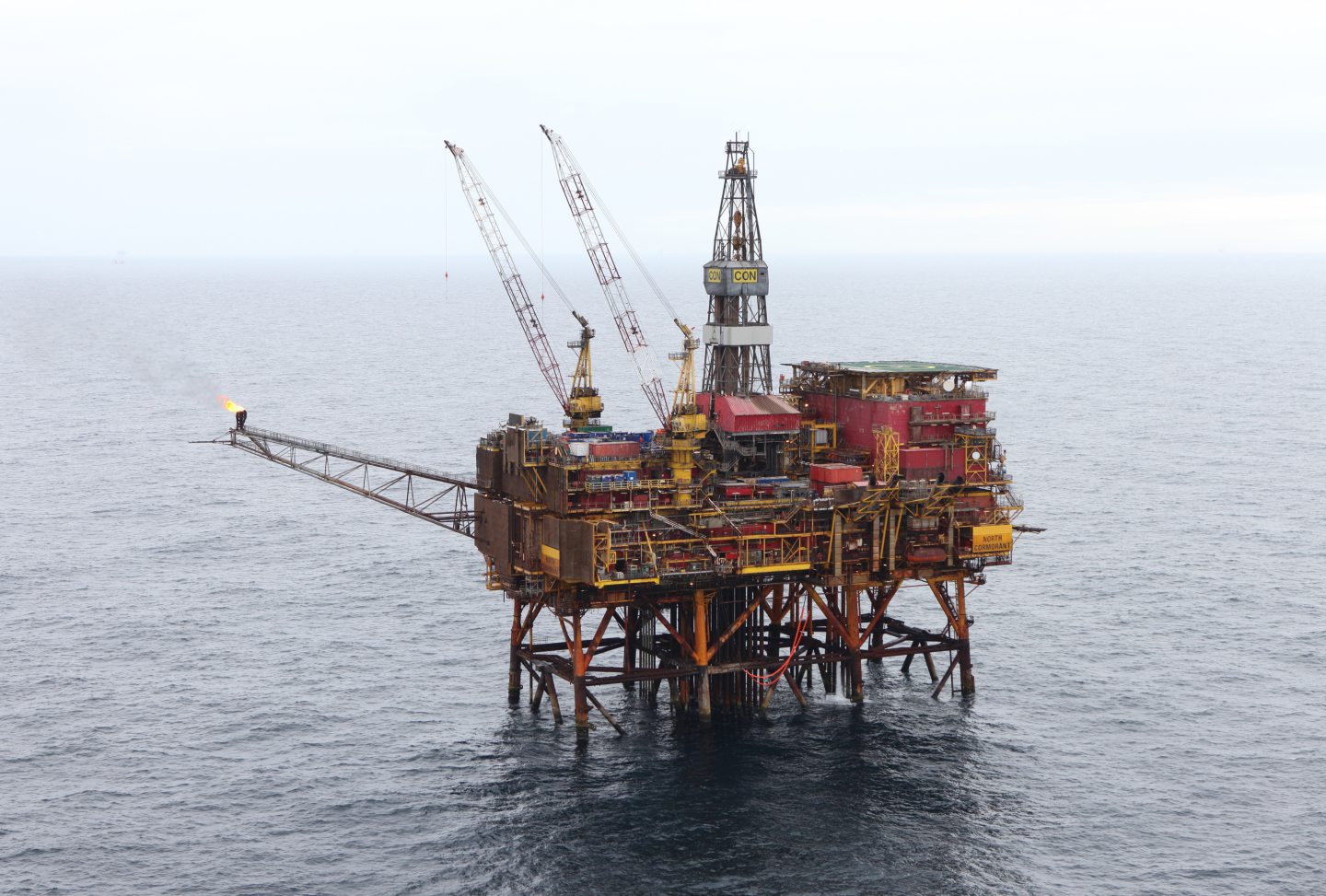North Sea oil and gas professionals who shed more than 10 stone between them have highlighted the issue of weight gain in the industry.
The growing size of UK offshore workers is being put under review for the first time in a decade as it has knock-on implications in areas like lifeboat capacities and stretchers.
Rig auditor Pamela Esslemont has recently lost more than lost six stone.
Safety professional Steve Harris has lost more than four stone, 10lb since launching his Integrity HSE business in March.
Ms Esslemont and Mr Harris, both based in the Aberdeen area, highlighted the role of mental health in their efforts. And they warned body mass index (BMI) is a “broad brush” metric, compared with methods like cardiology and exercise testing to gauge workforce health.
I can tell you that a plate full of bacon rolls at break time on an oil rig is a hard thing to resist.”
Steve Harris
“There are two responsibilities here,” Mr Harris said, adding: “The first is from the employer to employee to facilitate a healthy working environment.
“That is important. I can tell you that a plate full of bacon rolls at break time on an oil rig is a hard thing to resist
“But the second lands squarely with the person. We all have a responsibility to ourselves, our family and our loved ones to live the best life we can and show them a great example. With that in mind, stop delaying what you know needs to be done.”
The scale of the problem
According to Aberdeen firm TAC Healthcare, the average weight of offshore workers has jumped from under 12 stone in 1975 to more than 15-and-a-half-stone in 2023.
An incident last year raised concern over capacity for Taqa lifeboats in the North Sea.
More than half the crew weighed 216-313lb during the November inspection, up from the average weight of 216lb during a capacity review in 2011.
Some workers are becoming larger through a focus on muscular fitness.
But lifestyle changes around diet and exercise remain major issues to overcome for the industry.
Mr Harris embarked on his weight loss journey in March and is now half-way through his programme, which he expects to complete in mid-2024.
He’s seen mental health improvements, while “getting old clothes out of the wardrobe” has been the most satisfying experience.
‘I was mortified’
Aside from her role with Diamond Offshore, Ms Esslemont is now a consultant for others seeking to tackle weight-related issues.
Working offshore since 2007, she took a break from 2012-18 to raise her three children.
She said: “When I returned offshore my weight had increased from 126lb to around 196lb. I was mortified at having to hand back the extra small suit they gave me at the helicopter check-in, swapping it for a size large.
“When I went for my offshore medical pre-Covid, in 2018, I was told by the nurse my BMI was borderline (around 38) for travelling offshore (the limit being 40). I laughed it off and said I wasn’t overweight… but deep down I was mortified and vowed to her and myself that I would lose weight.”
Covid comfort eating led to weight gain
Like Mr Harris, Ms Esslemont said her weight increased during the Covid pandemic.
She added: “During lockdown, with no work and no income, I piled on more weight comfort eating like so many others. When I returned to work and my medical in 2021 I was 237lb and told by the doctor my BMI was over the limit at 42.
“I got dispensation to travel offshore as I wasn’t on a fixed rota. Again, I said I would lose weight.”
Happier and healthier
Since losing more than six stone Ms Esslemont said she feels happier and healthier.
She has seen symptoms like reflux, joint pain and palpitations dissipate.
As for her mental health before losing weight, she said: “I knew all the advice and that calories in versus calories used was my problem.
“But I had an emotional, stress-related attachment to food that led to me piling on weight.”


